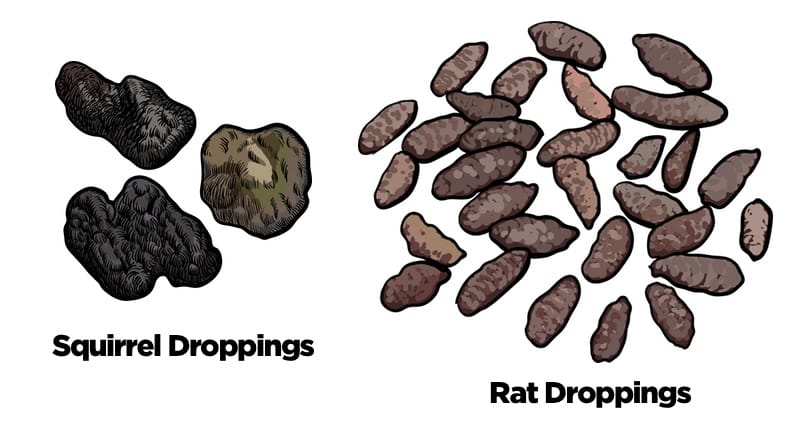There is nothing more unsettling than finding rats in your walls. These rodents are not only a bother, but they also pose major risks to your health and the building itself. Getting rid of rats inside your walls needs to be done in a planned way.
- Figuring Out the Issue: The first thing you need to do to get rid of rats in your walls is to be sure they are there. Listen for sounds like scratching, see gnaw marks on wood or wires, and find droppings close to wall holes. As soon as you think you have an issue, you should take action to stop more damage.
- Common ways to get in: Rats usually get into wall gaps through holes in the outside of your home. Gaps around utility lines, vents, or broken siding are common places for pests to get in. Find these gaps and close them off so rats can’t get in.
- Steps that work to get rid of rat infestations in walls: Talk to a Professional: If you have rats in your walls, it can be hard to deal with them on your own, so it’s usually best to talk to a professional pest control service. They have the skills, tools, and information to get rid of the infestation in a safe and effective way.
- Trapping and Getting Rid of Rats: Professional pest control services may use traps made just for getting rid of rats in walls. The placement of these traps is planned so that they catch rats without hurting them. The rodents can be safely taken out of your walls once they are caught.
- Sealing Entry Points: Once you’ve got rid of the rats in your walls, you need to make sure that no one can get back in. This could mean fixing broken siding, filling in holes around utility lines, or making vent covers stronger.
- Cleaning and sanitizing: Rats that get into walls can leave behind poop, pee, and things they used to build their nests. These can hold germs and bring in other pests. Cleaning and disinfecting the damaged areas is important for keeping the living space healthy.
- In terms of repairs and restoration, rats can destroy buildings, eat through wires, and make nests in insulation. Once the pests are gone, you might want to fix anything that needs fixing and replace any insulation that has been damaged.
Preventive Steps: To stop in-wall rat infestations from happening again, take preventative steps. Check the outside of your house often for gaps and fix them right away. If you cut back trees and bushes near your house, rats can use them as paths to get to the walls.
- Possible Dangers of Rats Living in Walls: Having rats in your walls can cause a number of problems, including:
- Damage to Structures: Rats are known for chewing things up, and they can damage plumbing, electrical lines, and insulation, which could mean expensive repairs.
- There are health concerns because rats can spread diseases and bugs to people. Their urine and feces can make the air in your house dirty.
- Fire Risks: Cutting into electrical lines can cause fire risks, which can put your home at risk.
- Bad Smells: When rats die inside your walls, they can leave behind bad smells that spread throughout your home.
- Problems with Noise: The sounds of rats scratching and moving inside walls can be annoying and unsettling.
- Looking for Professional Help: Because in-wall rat infestations are complicated and could be dangerous, it’s best to call a pest control expert. They can do a full check, come up with a personalized plan for eradication, and give advice on how to keep it from happening.
In conclusion, getting rid of rats in your walls takes more than one step. You need to find them, get rid of them, keep them from coming back, and clean up afterward. If you follow these steps and get professional help, you can keep your home safe from the damage that in-wall rat infestations can cause and make it a better place to live.
Rat Control Newmarket, our technicians have the knowledge as well as years of experience in handling rat problems. Whether it is an infestation or an intrusion, our licensed and fully insured teams of technicians handle the problem swiftly and discreetly.
